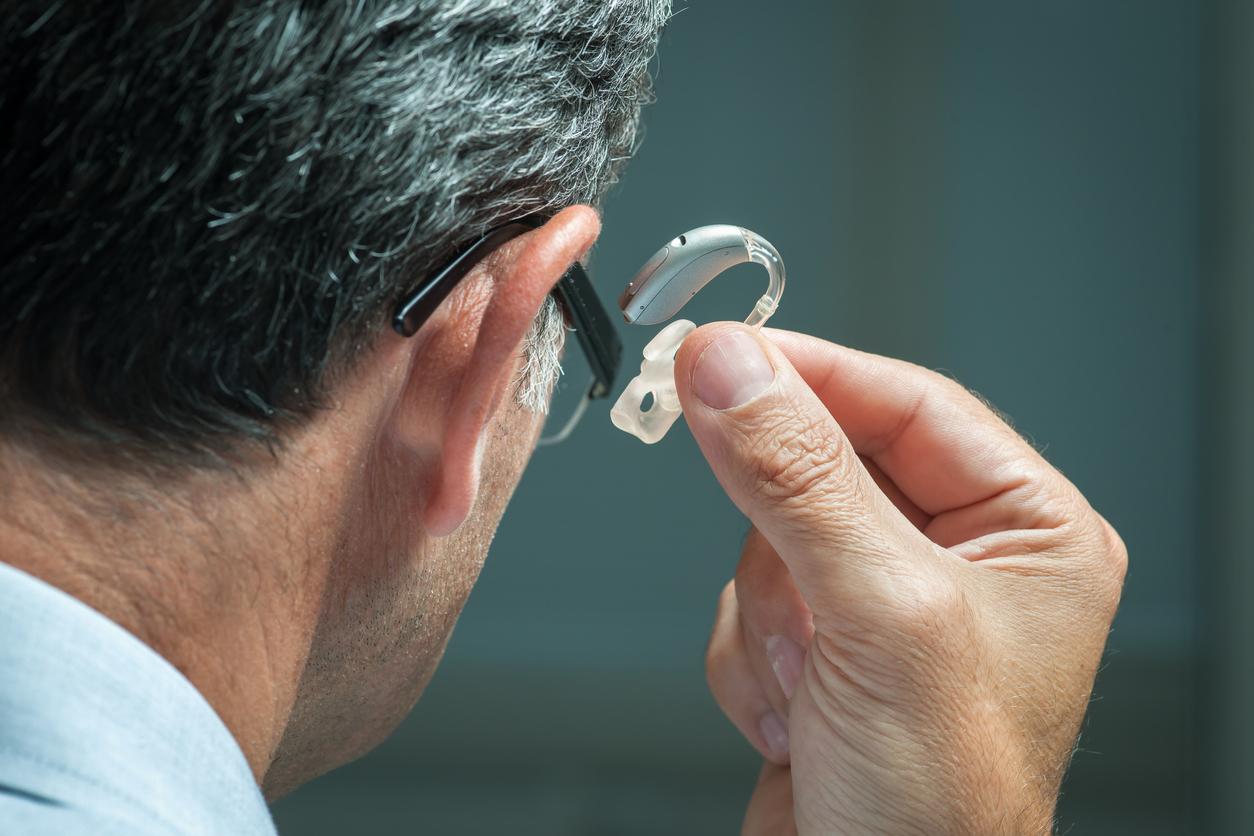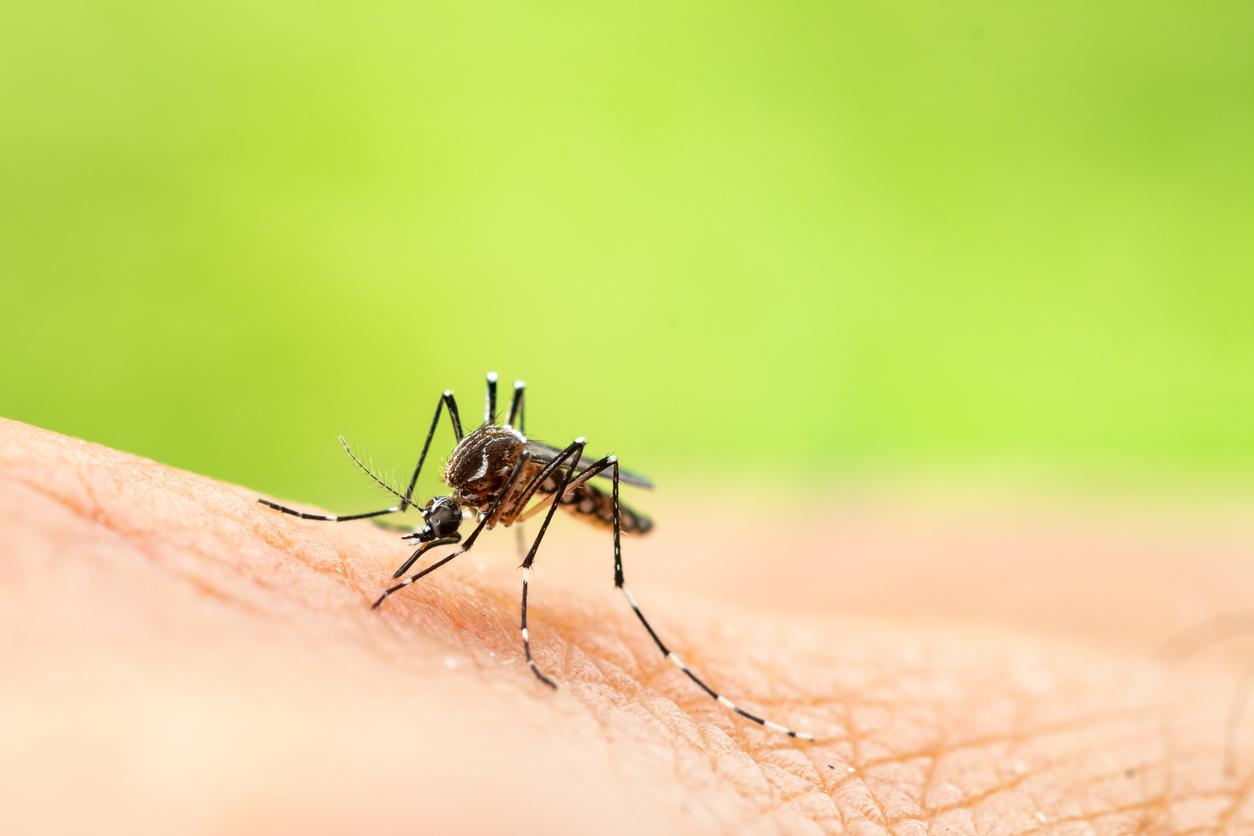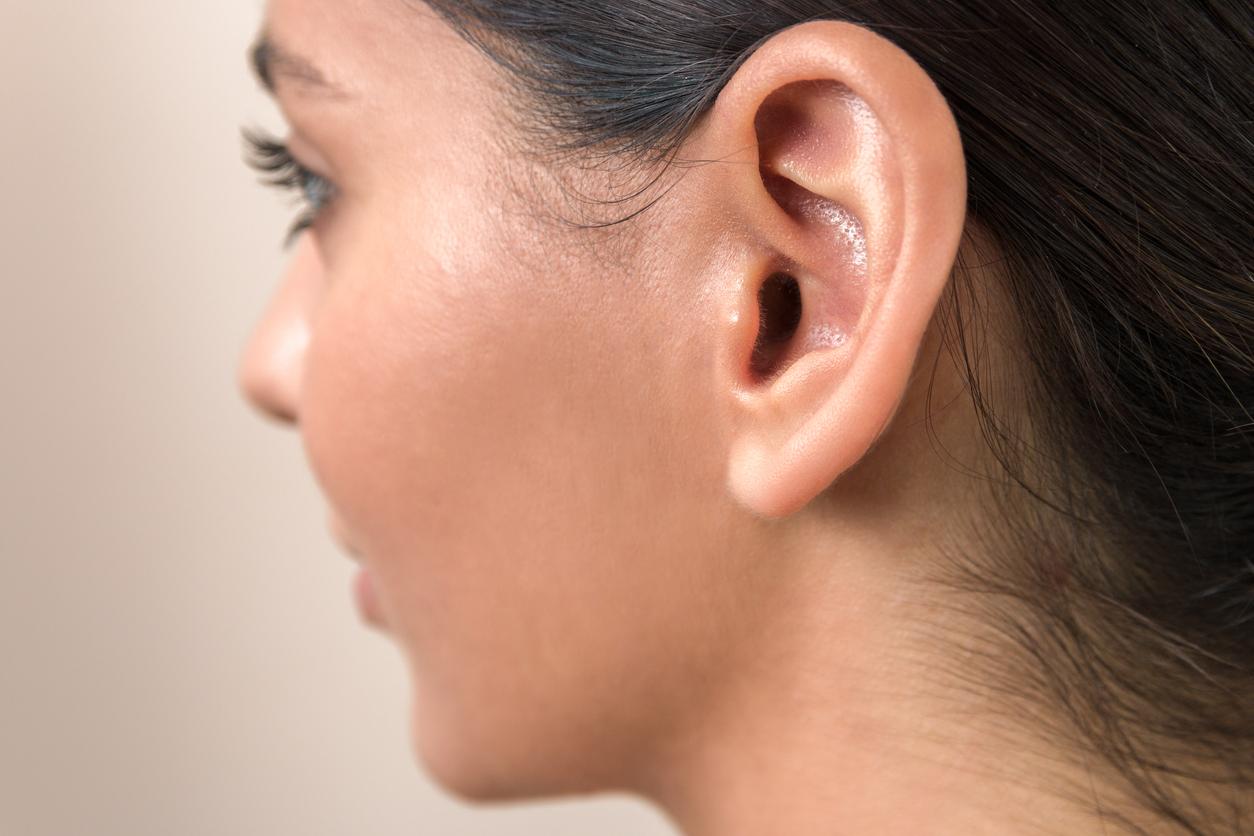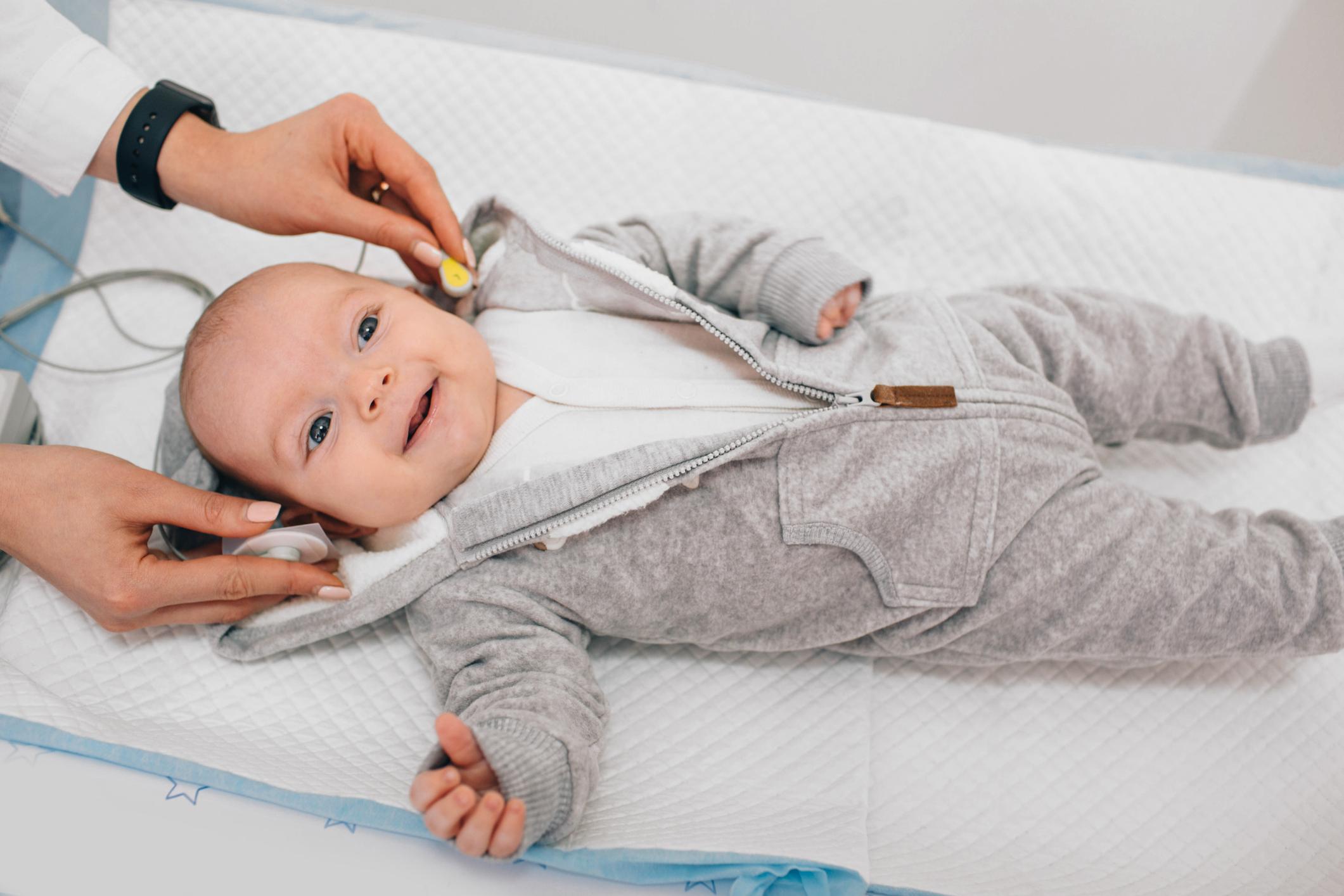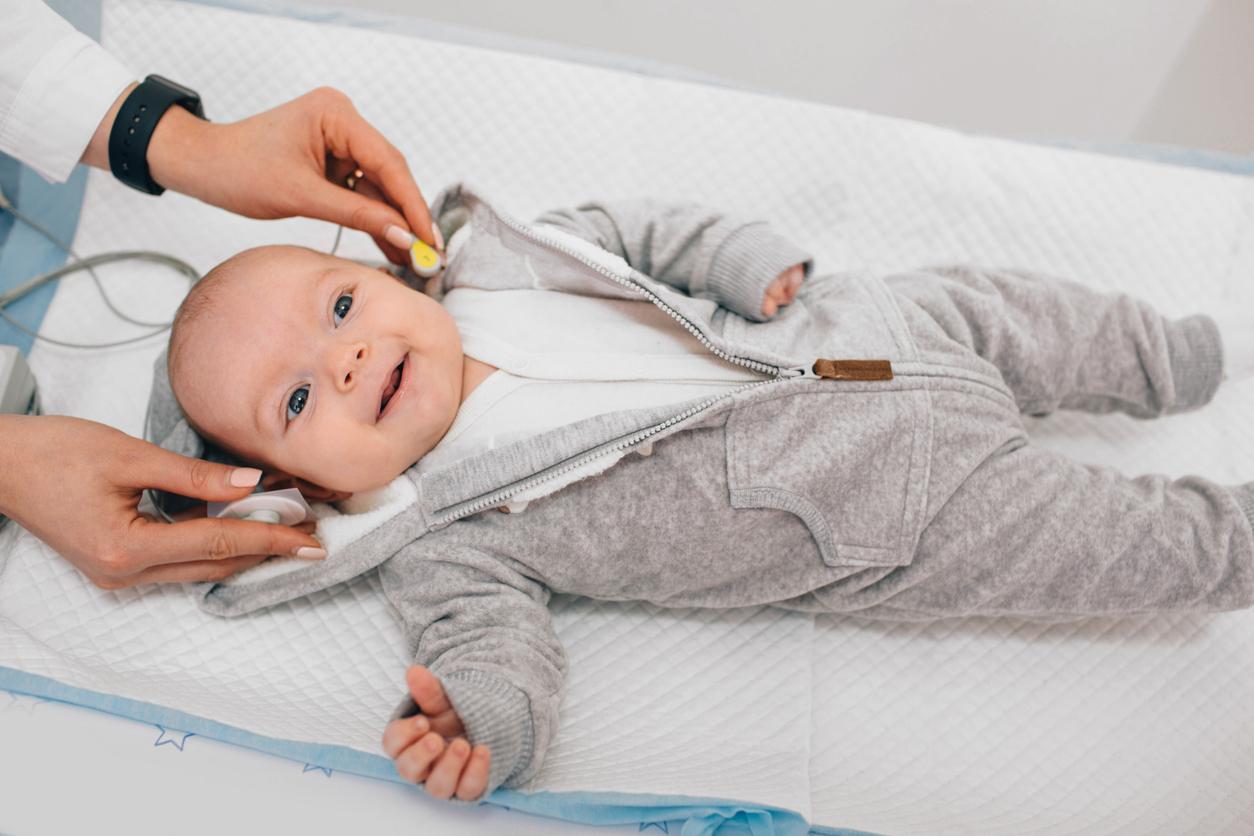You no longer hear after a night out at a nightclub, since an explosion occurred a few meters from you, that you have been diving or taking the plane? Your ear has suffered a trauma. “For specialists, therefore, strictly speaking, it is not a question of sudden deafness but of traumatic or barotraumatic deafness (due to a change in pressure in the ear). The cause is identified. Nevertheless, it is absolutely necessary to consult an ENT within 24 hours ”, indicates Pr Vincent Darrouzet, head of the otolaryngology department at the Bordeaux University Hospital. Because beyond this period, there are risks of definitive sequelae such as residual deafness or tinnitus (noise perceived only by the patient).
For no apparent reason, it’s an emergency!
The deafness can also appear suddenly in the absence of any trauma. It is important to see an ENT doctor quickly. He will first make sure that the deafness is not due to cerumen cap or, more seriously, a perforated eardrum. Using tests measuring what remains of hearing, he will then verify the reality of the sensorineural impairment.
Doctors speak of sudden idiopathic deafness when it sets in within 24 hours and corresponds to a loss of at least 30% of hearing.
The causes of this type of sudden deafness are not well known, but in 1 to 2% of cases, it is due to a tumor of the acoustic nerve. Even if it is rare, this possibility should be ruled out, which is why the ENT will routinely order an MRI. Dehydration following prolonged exercise, blood pressure or microcirculatory disorders (in diabetics), can also be involved. Certain viruses, such as herpes virus, are suspected to be the cause of some cases.
In some cases, the hyperbaric chamber is used
In cases of traumatic or barotraumatic deafness, and in the absence of contraindications, cortisone has proven its effectiveness. “It is prescribed for eight days, orally and at a rate of 1 mg / kg of weight,” explains Vincent Darrouzet. Cortisone therapy is also prescribed in cases of sudden idiopathic deafness. This is the standard treatment that is done out of caution. “But insofar as 60% of patients with sudden deafness recover spontaneously, it is difficult to say whether it is thanks to cortisone or not”, specifies Vincent Darrouzet. If a blood test reveals a hematocrit that is too high (a parameter that shows very concentrated blood), which can prevent blood from circulating in the micro-vessels of the ear, hemodilution can also be prescribed, that is to say – say a dilution of the blood (infusion).
In the absence of improvement, other, more experimental treatments may be tried. “The hyperbaric chamber, usually used to treat decompression sickness in divers, and intratympanic steroid injections are sometimes prescribed”, indicates the ENT.
The only people hospitalized are those suffering from severe forms associated with dizziness. This is the case when the deafness results from a viral or vascular expectation of the entire inner ear, or when treatment by hemodilution is necessary.










